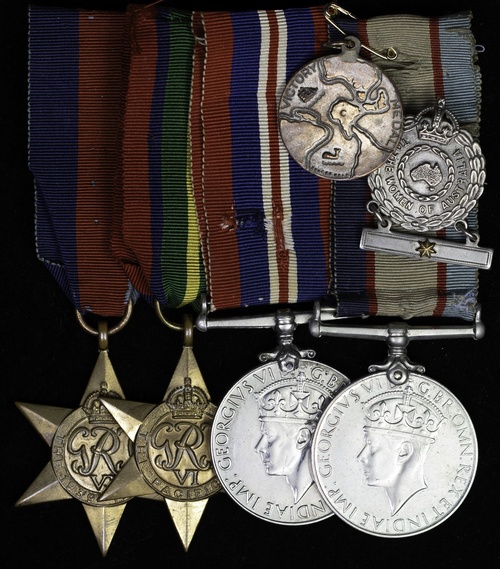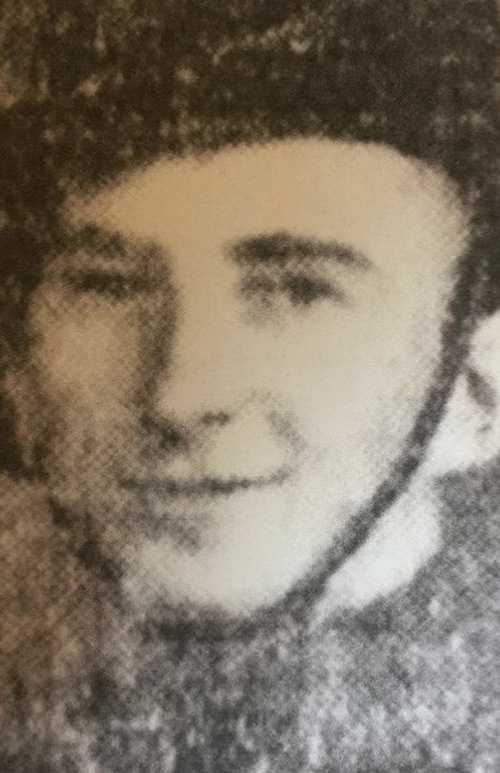Auction: 24113 - Orders, Decorations and Medals - e-Auction
Lot: 572
(x) Four: Private J. E. McNamara, Australian Forces, who was taken Prisoner of War on the surrender of Singapore in February 1942 and deployed to 'F Force' on the 'railway of death'
1939-45 Star; Pacific Star; War Medal 1939-45; Australian Service Medal 1939-45, (QX18736 J. E. McNamara), sold together with two commemorative medals, good very fine (4)
Joseph Edward McNamara was born in Mackay, Queensland on 21 July 1918 and was a farm labourer on his enlistment in the 2nd Australian Imperial Force in June 1941. Having attended artillery and anti-tank courses, he was drafted as a reinforcement for the 2/26th Battalion and embarked for Malaya in January 1942, where he 'marched in' towards the end of the month.
The battalion had witnessed much fighting on the peninsula north of Singapore and about the time of MacNamara's arrival it was engaged against the Japanese on the Nazamie Estate rubber plantation, where it inflicted heavy casualties on them. On the last day of January, however, the 2/26th retreated south via Johore Bahru and crossed the causeway into so-called 'fortress' Singapore, where, come the Japanese attack launched on 8 February, it was once again in the thick of the action in the causeway sector.
Following Percival's surrender of Singapore a week later, MacNamara was taken P.O.W. and incarcerated in Changi Gaol, prior to being assigned to 'F Force' and removed to Ban Pong, a staging post for life-sapping work on the notorious Burma-Siam railway. The force's 12-day journey to Ban Pong in April 1943 was hellish, with 30 men crammed into each railway truck, often in daytime temperatures of 120-degrees. Far worse was to follow.
As described by R. J. Hill in Unknown to the Emperor, the overflowing latrine trenches at Ban Pong were home to fat green flies and mosquitoes, and the huts full of lice and bedbugs. And some of the Korean guards especially stood out for their beastliness, one of them - named Toyama - carrying a gold club in his right hand, with which he beat the helpless prisoners. According to Hill, he 'worked himself into a frenzy with his voice reaching a high pitch before he lashed out.'
MacNamara was to endure just such deprivation and cruelty until 8 September 1945, when he was finally liberated. Described as suffering from malaria, malnutrition and scabies, he was discharged at the year's end and settled back in Queensland. He died in February 1993; sold with copied service record.
Subject to 5% tax on Hammer Price in addition to 20% VAT on Buyer’s Premium.
Sold for
£450
Starting price
£130







